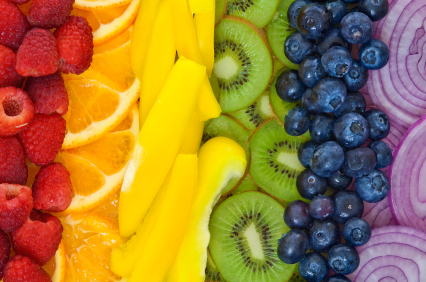Vegan 101: How to do it right

Whether you do it for health reasons or moral beliefs, there’s no doubt about it – lots of people are going vegan these days. But there are things to consider before writing off animal products completely.
A vegan diet includes only plant-based foods – no eggs, dairy or animal products of any kind.
Studies have shown that vegans tend to have lower body mass indexes (BMIs) and a reduced risk of diabetes, heart disease and cancer. But they are also more vulnerable to nutritional deficiencies including:
- B12
- Omega-3 fatty acids
- Vitamins A & D
- Iron
- Zinc
- Calcium
All of these vitamins and nutrients are vital for regulating energy and mood – among other important functions – so vegans should be sure to eat a lot of foods like:
- Fruits and vegetables
- Whole grains
- Legumes
- Nuts
- Seeds
- Beans
If you’re thinking about going vegan, talk to your doctor and/or a nutritionist first and follow up with them if you need to make adjustments to your diet.
